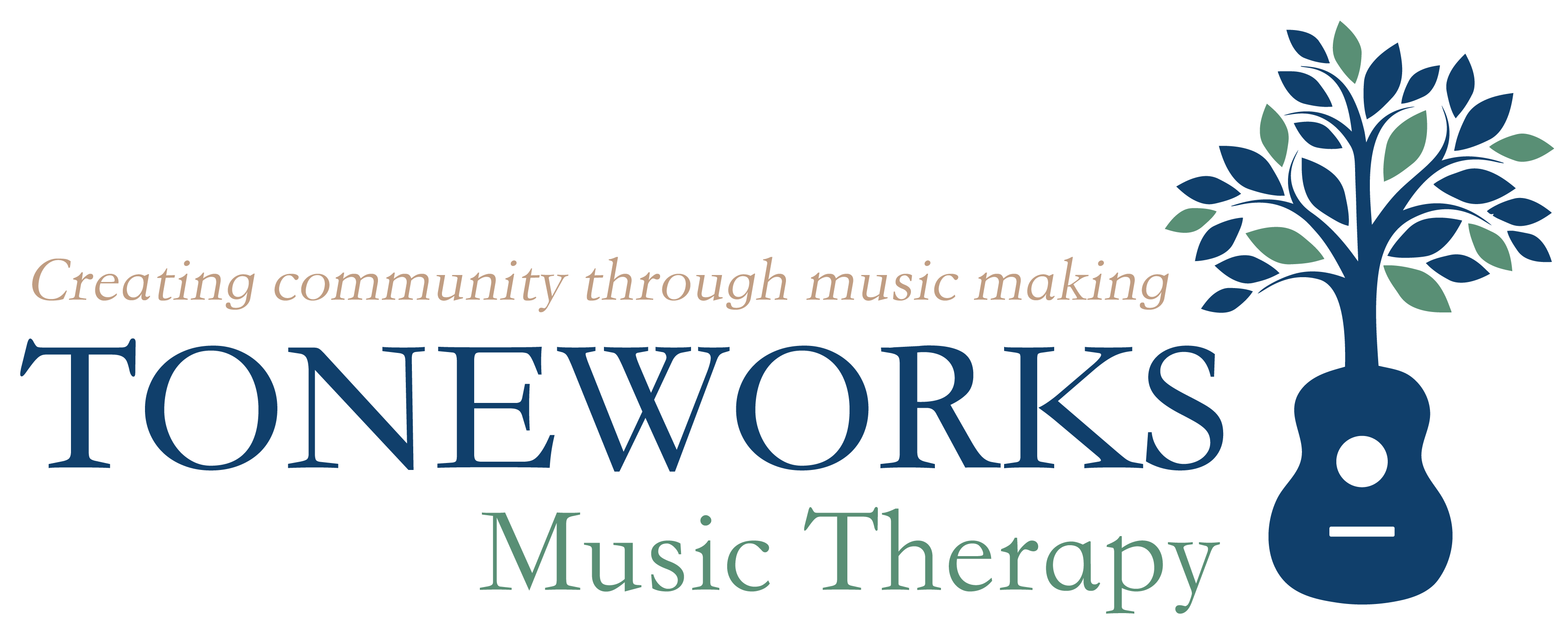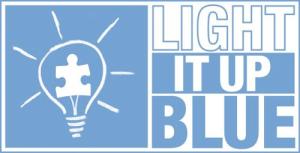{Autism Awareness Day!}
Monday Music and Movement: {Star Wars meets MT}
Wordless Wednesday: {4.3.13}
April is one of my favorite months of the year. The sun shines once again for a solid 12 hours, April Fools Day is observed, AND most importantly, it’s Autism Awareness month! Over the last five years, I have had the privilege of getting to know some of the most unique, fun, challenging, and loving individuals I have ever worked with. Yes, they all have things that “link” them together and give them a common diagnosis, but each client has a different personality, favorite activities, and lessons to teach all of us. Music is a way to express individuality in a setting that is positive and successful. My clients can participate in a meaningful experience that is engaging and work on goal areas such as gross, fine, cognitive, and regulatory skills.
“Music has the advantage of demanding attention that a visual stimulus cannot, because it intrudes immediately through ears that cannot be closed voluntarily.” -Hanser
Hanser’s observation explains why music therapists can effectively help clients achieve goals in a variety of areas. For example, if one of my clients is having a hard time slowing down his body, we will choose a song together, and he will jump on a trampoline while hitting a paddle drum that I move around. The client may not respond to a visual for “calm body” but with music, I can meet the client where he is and using the iso-principle, bring him to the calm body that will be necessary for him to be ready for kindergarten.
The actual goal we were working toward may read “L will participate in filling in the blanks of a song sung by the therapist for 90% of opportunities with minimal assistance”. In the meantime, the secondary gains that are built in to the therapeutic music intervention include gross motor goals by crossing midline and bilateral movement, visual tracking, breath control, and self-regulation. The client is able to build self-esteem by participating in a meaningful activity, creating rapport with an adult figure, and responding to bids for interaction (socialization!) with the therapist.
Musical experiences are positive so people participate because they are enjoyable and successful. They learn to seek out and trust the therapist because that is needed for the experience to be successful for the client. Individuals that engage in positive creative efforts gain self-control and create a healthy emotional outlet.
Happy Autism Awareness Day!




